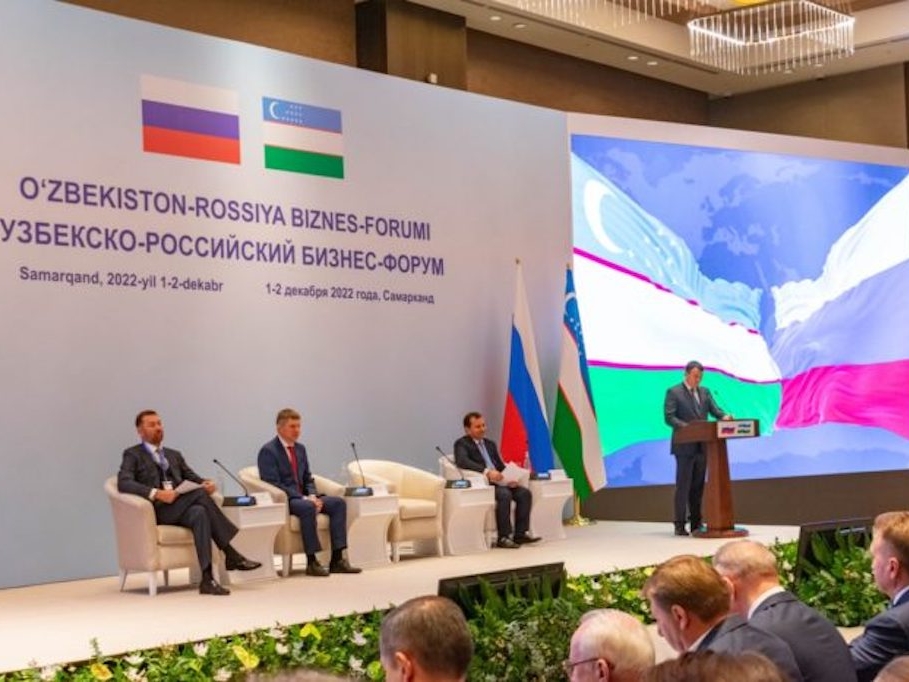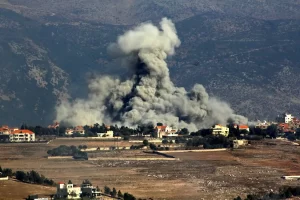The latest set of European Union sanctions aimed at exerting pressure on Russia includes two companies based in Uzbekistan among the list of entities seen lending support to the ongoing invasion of Ukraine.
Their inclusion among the 87 companies added on June 23 to an ever-growing list of enterprises found by the EU to be enabling the Russian military-industrial complex comes a few months after they were featured in a similar list drawn up by the U.S. government.
In April, the U.S. Department of Commerce described the activities of Alfa Beta Creative and GFK Logistics Asia, both of which are headquartered in Tashkent, as being designed to “evade export controls and acquiring or attempting to acquire U.S.-origin items in support of Russia’s military and/or defense industrial base.”
Companies ending up on these lists face stricter limitations on their ability to source dual-use goods and technologies.
Tashkent-based news outlet Gazeta.uz has, citing company registry data, described Alfa Beta Creative as having been registered in June 2022, several months after the start to the war in Ukraine. GFK Logistic Asia, an overland transportation services provider, meanwhile, was set up in March 2018.
Uzbek companies have already been in the crosshairs of the Western masterminds of the Russia sanctions strategy.
When Washington moved in April to designate USM Holding, a company owned by Uzbek-born Russian billionaire Alisher Usmanov, as an entity deemed to be enabling and facilitating Russia’s aggression, Uzbekistan-based cement producer Akhangarancement was caught up in the sweep. Another USM Holding asset, Digital Invest, is understood to control a stake in Uzbek telecoms company Ucell. Several Uzbek citizens with business ties to Usmanov were also named as individuals allegedly involved in sanctions circumvention efforts.
Despite claimed efforts by the Uzbek government to limit any flow of goods that might be perceived as sanctions-busting, trade between Russia and Uzbekistan is enjoying a halcyon period.
Bilateral trade in 2022, the year the war in Ukraine was started, surged by 23 percent year-on-year, up to $9.3 billion. The volume of Uzbek-labeled products and services to Russia increased 1.5-fold to $3 billion over that period.
As the Current Time news outlet noted in a report in April, imports to Uzbekistan from a number of countries registered an “abnormal growth” during that same year.
“The volume of imports from the United Arab Emirates more than doubled, from Brazil – [they increased] by 59 percent, from Germany, by 54 percent, from India, by 42 percent. But there is no information about what exactly Uzbekistan imported,” Current Time reported.
Source : Eurasianet






































